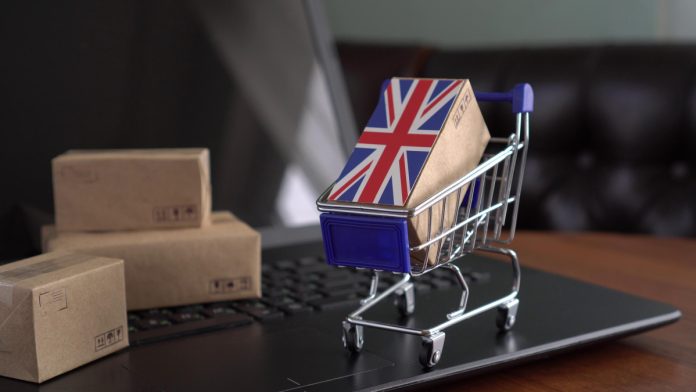Primer has revealed the main ecommerce pain points for merchants looking to expand their business.
In its study on the UK market titled “A Nightmare on E-Street”, Primer has highlighted one of those drawbacks as being the so-called ‘technical debt’ of retailers, where there is a mismatch between customer needs and the financial and logistical capacity of businesses to meet them.
Gabriel Le Roux, Co-Founder of Primer, commented: “Online retailers must look to future-proof their business whilst ensuring it can weather the volatile market conditions we’re currently experiencing.
“Whilst they currently face the nightmare of having to do more with less, there are impactful and easy-to-adopt strategies that can pay big dividends. Our research provides a blueprint for ecommerce, allowing retailers to pinpoint consumers’ biggest pain points, and adopt the best business strategies in 2023 and beyond.”
According to the Office for National Statistics, online sales in the UK across all retail segments have dropped by 2.3% in the past year, partly due to lower income and rising prices. Therefore, Primer warns that it is now more imperative than ever to reflect on customer demands.
One such example are the growing expectations for a fast and frictionless checkout experience, which if not met could lead to significant cart abandonment rates.
According to Primer’s study, three quarters of consumers (76%) will leave their shopping basket behind if they think checkout takes too long. Of those, 41% are willing to wait for a maximum of four minutes, while 15% say two minutes is their waiting time limit.
Le Roux added: “It’s never been more important to nail your checkout process and ensure there are no barriers to purchase. Whilst UK retailers may be aware of the importance of maintaining their payment process, with 100% of retailers making improvements over the course of the past year to keep up with new technologies and consumer payment trends, they need to ensure that the changes they’re making reflect the demands of consumers.
“Seamless checkout processes and affordable delivery are what consumers want, therefore, where retailers need to be focusing their efforts.”
Reducing the technical debt appears to be increasingly conceived as a necessary problem to solve by a majority of UK retailers, with Primer highlighting that 34% of businesses are already recognising the benefits this would bring them.
The firm says that automation within a business’ infrastructure is something to consider, as it would simplify administrative duties and lessen human impact, which saves time and money. According to the report, 91% of retailers have already invested or are considering investing in automation, with AI also gaining prominence.
“Automation is the way forward when it comes to decreasing technical debt, however retailers need to be cautious when exploring the types of automation to implement, with shoppers more likely to distrust recommendations or decisions made by AI when shopping online (36%), versus trusting them (26%),” Le Roux added.
Primer has made the full report available on its website with additional insights on the importance of social media for commerce and PayPal’s dominance over credit and debit payments.























